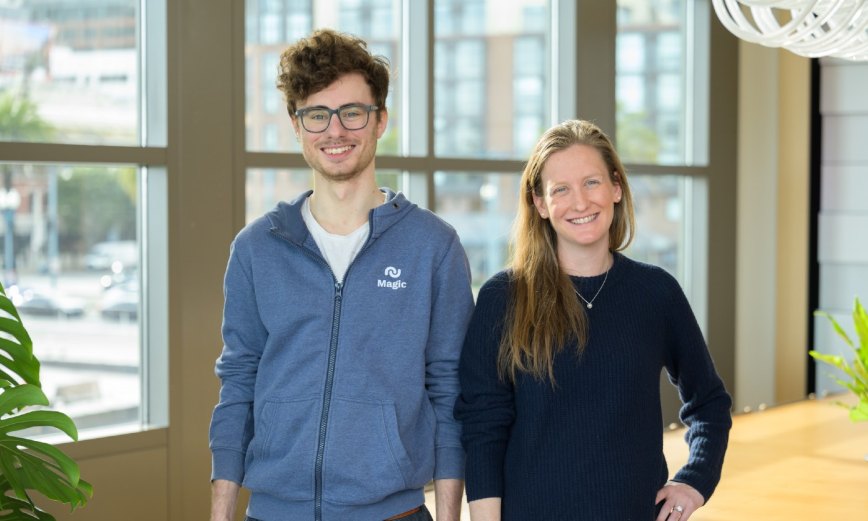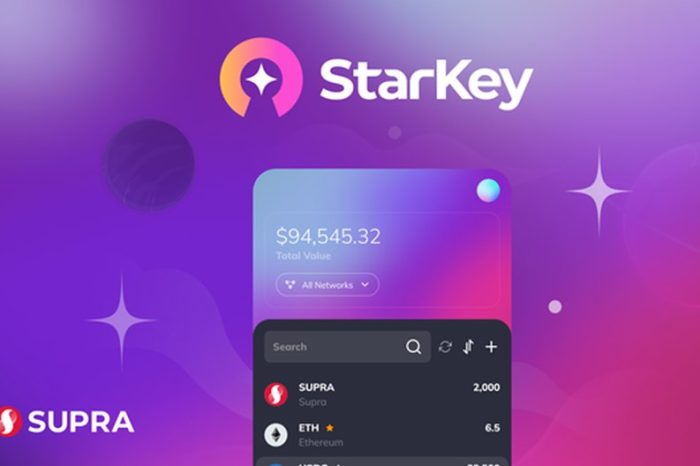Magic, a generative AI startup developing artificial intelligence models to write software, is in advanced discussions to raise over $200 million in a new funding round, which would value the company at $1.5 billion, according to an exclusive report from Reuters, citing sources familiar with the negotiations.
This news comes just four months after Magic’s previous funding round in February, which valued the startup at $500 million, per PitchBook data. Since its inception in 2022, Magic has raised $140 million from investors, including NFDG Ventures, led by Nat Friedman and Daniel Gross, as well as Alphabet’s CapitalG.
Investors, including Jane Street, are expected to participate in the latest round, potentially tripling Magic’s valuation from its last round. Despite having no revenue and no product currently available for sale, Magic’s potential has attracted significant interest, according to sources who requested anonymity.
Founded in 2022 by Eric Steinberger and Sebastian De Ro, Magic employs around 20 people and is pioneering an AI software engineer capable of assisting with complex coding tasks. Unlike other tools that serve as mere “copilots,” Magic’s AI aims to function more as a collaborative coworker.
“We are working toward building safe AGI to accelerate humanity’s progress on the world’s most important problems. We believe the most promising path to safe AGI is to automate AI research and code generation to improve models and solve alignment more reliably than humans can alone. Our approach combines frontier-scale pre-training, domain-specific reinforcement learning, ultra-long context, and test-time compute to achieve this goal,” the startup said on its website.
Magic’s latest funding round underscores the growing interest in generative AI technologies, particularly those that can assist with software development—a significant expense for tech companies. Tools that generate code or aid developers in more efficient programming are highly attractive.
The success of Microsoft’s GitHub Copilot has further fueled investor enthusiasm. In April, the coding-assistant startup Augment raised $252 million, while Cognition, the developer of the AI-powered coding assistant Devin, secured $175 million in a round led by Founders Fund at a $2 billion valuation.
Investors view GitHub Copilot’s success as evidence of the market’s potential. GitHub reported a 40% year-over-year revenue increase in the latest quarter, driven by Copilot, which boasts 1.3 million paid subscribers.
“The success of Microsoft has validated the commercial market for AI code assistants, leading everyone to believe there is clear market demand and a customer willingness to pay for the right product. The opportunity is enormous, with likely multiple winners in this category,” said Brian Dudley, partner at Adams Street Partners.
While current products like GitHub Copilot or OpenAI’s ChatGPT can suggest code completions, the next frontier for coding assistants is to design and write entire software applications autonomously. Magic and a few other startups are striving to achieve this by training large language models for coding-specific tasks—a resource-intensive endeavor requiring substantial investments in data, chips, and electricity.
Magic plans to allocate its new funding towards enhancing its models, particularly those that support long-context windows—AI systems capable of processing more data in a single query, according to sources.
Magic’s ability to handle extensive context is attributed to an innovative design that surpasses the traditional “transformer model” used in large language models like OpenAI’s GPT, Reuters reported, citing a source.
Meanwhile, Poolside AI, a Paris-based startup taking a similar approach, is reportedly in talks to raise $450 million at a $2 billion valuation, as reported by TechCrunch in June. Like Magic, Poolside also does not have any commercially available products yet.

Magic Founder and CEO Eric Steinberger and Jill Chase of CapitalG (Credit: CapitalG)










